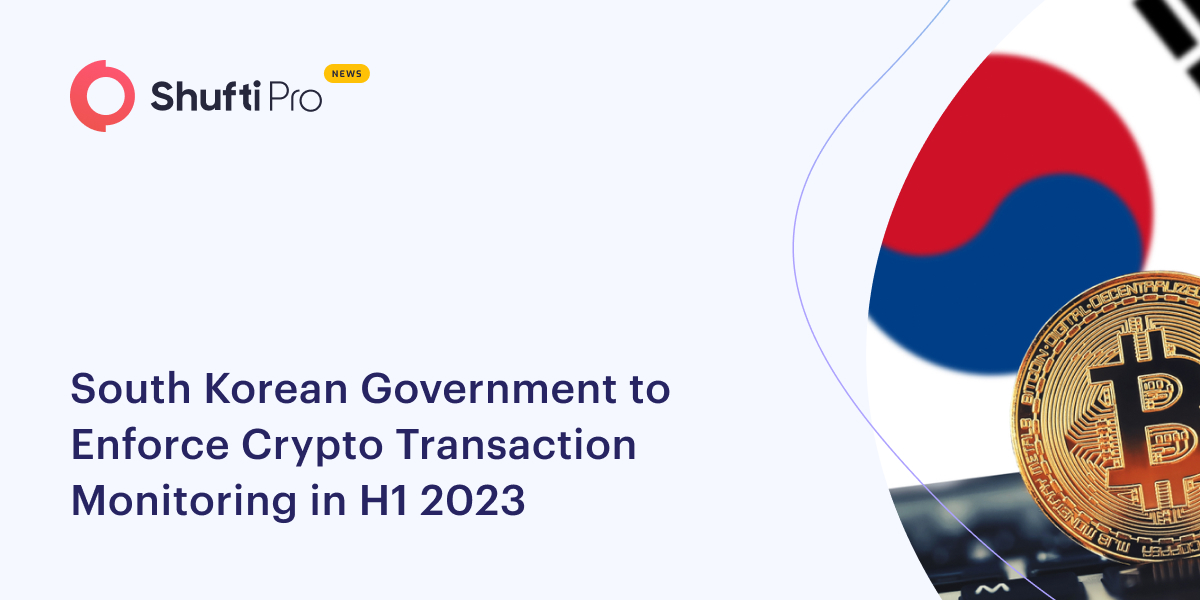South Korean Government to Enforce Cryptocurrency Transaction Monitoring in H1 2023

The South Korean government is looking to implement crypto oversight by tracking transactions to prevent crypto-related crimes.
According to the source, the Ministry of South Korea had introduced new plans to implement a cryptocurrency monitoring system to counter illicit crypto transactions. Citing the report, the new program is named “Virtual Currency Tracing System”, which aims to track all the investors and collect other user-identifiable data.
The ministry has plans to launch the system soon, however, the complete launch is not expected until the half of this year, i.e, 2023. The official statement from the government reads that these new additions to the system are crucial to guard against increased cybercrimes. With the new forensic tracking system, the authorities hope to enforce a solution that is compliant with international rules and standards.
This new system is just one of the latest implementations of South Korea in its crypto-tracking policy. The nation is experiencing a remarkable rise in crypto adoption and the government is working to ensure that the transactions are legal and do not leave a loophole for hackers to breach.
In October 2022, a local news source reported that the FSC (Financial Services Commission) would commit to tracking the big crypto fishes with over 100 million (about $70,000) won in their holdings to counter money laundering.
As the watchdog explained, having large proportions of crypto and stablecoins automatically equates to a higher risk of money laundering. Thus, more emphasis is required on monitoring crypto wallets with large amounts of traditional crypto and stablecoins to comply with AML (Anti-Money Laundering) policies.
The FSC was especially critical of stablecoins, which members of the public use. In a statement, the agency mentioned that many of these independently listed assets do not meet the criteria for other virtual asset operators.
The report also advocates overseeing retail customers who make high-value deposits besides monitoring crypto whales and their financial activities. These customers should be tracked to check for any major changes in the holdings at least every quarter.
The authorities have also examined the crypto exchanges that list their native tokens. After the FTX collapse, KoFIU (Korea Financial Intelligence Unit) reportedly investigated many other crypto platforms, looking into those that had listed, naively developed coins.
Suggested Read:
NORTH KOREAN HACKERS ATTEMPT TO LAUNDER ETH WORTH $27M FROM HARMONY BRIDGE ATTACK

 Explore Now
Explore Now













